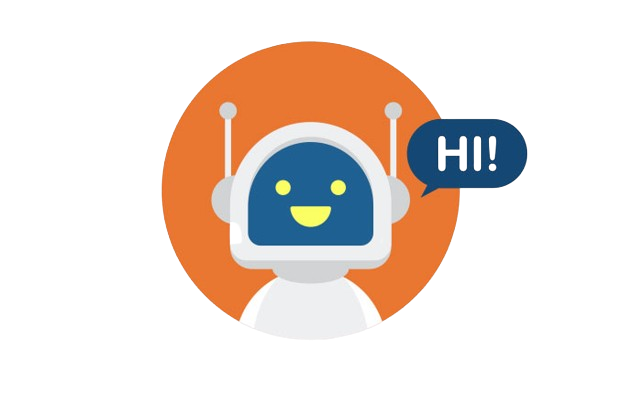Martial Arts 101: Discovering the Ultimate Self-Improvement Tool
When it comes to self-improvement, there are countless tools and strategies available. However, one of the most powerful and transformative methods for personal growth is the practice of martial arts. Martial arts not only provide physical benefits but also offer a wide range of mental and emotional advantages. In this article, we will explore the world of martial arts and highlight how it can serve as the ultimate self-improvement tool.
The Physical Benefits of Martial Arts
Martial arts training offers numerous physical benefits that contribute to overall health and well-being. Some of these advantages include:
- Improved strength and flexibility
- Enhanced coordination and balance
- Increased cardiovascular endurance
- Weight loss and improved body composition
Unlike traditional workouts, martial arts engage not only specific muscle groups but the entire body. Various techniques require the use of different muscle groups, leading to a well-rounded and comprehensive form of exercise.
For example, practicing punches and kicks in disciplines like Taekwondo or Muay Thai can strengthen the arms and legs, while performing throws and grappling techniques in Judo or Brazilian Jiu-Jitsu can enhance core strength and stability. All these elements combined provide a holistic approach to physical fitness.
The Mental and Emotional Benefits of Martial Arts
Martial arts are not just about physical strength; they also offer a range of mental and emotional advantages. Here are some of the most notable benefits:
- Stress reduction: Martial arts training provides a constructive outlet for stress and tension. The intense physical activity releases endorphins, promoting feelings of relaxation and well-being.
- Improved focus and concentration: The discipline and precision required in martial arts demand mental clarity, leading to enhanced focus in daily life. Regular practice can help individuals improve their ability to concentrate on tasks and maintain mental sharpness.
- Self-discipline and self-control: Martial arts are rooted in ancient traditions that emphasize discipline and self-control. Through consistent training, practitioners learn to regulate their emotions, control impulses, and develop a strong sense of self-discipline.
- Confidence and self-esteem: As individuals progress and gain proficiency in martial arts, their confidence naturally increases. Mastering techniques and overcoming challenges contribute to a sense of accomplishment, ultimately enhancing self-esteem.
Martial arts training serves as a means of personal growth and self-discovery. It encourages individuals to push beyond their limits, overcome fears, and build resilience. The mental and emotional benefits extend far beyond the training mat, positively impacting various aspects of life.
Case Studies: Martial Arts as a Self-Improvement Tool
While the theoretical benefits of martial arts are clear, it is also valuable to examine real-life examples to demonstrate the transformative power of this practice.
One such case study is the story of Ben, a shy and introverted teenager who struggled with low confidence and self-esteem. Ben joined a local Brazilian Jiu-Jitsu academy and began his martial arts journey. Through consistent training, he developed physical strength and skill, but the most significant changes came in terms of his mental and emotional well-being. Ben gained confidence, made new friends, and learned to stand up for himself both on and off the mat.
Another example is Sarah, a working professional overwhelmed by stress and anxiety. Seeking a form of relaxation and an outlet for her emotions, she started practicing Tai Chi, a gentle form of martial arts known for its meditative qualities. Through the slow and flowing movements of Tai Chi, Sarah found peace of mind, improved her focus, and gained emotional stability, enabling her to face work challenges with renewed resilience.
Statistics on the Growth of Martial Arts
The popularity of martial arts continues to grow worldwide, with increasing numbers of people recognizing its benefits for self-improvement. According to a survey conducted by the Martial Arts Industry Association, there are an estimated 6.9 million martial arts practitioners in the United States alone, with an average annual growth rate of 5.6%. These statistics demonstrate the significant impact martial arts have on individuals seeking personal development.
Summary
Martial arts serve as a comprehensive tool for self-improvement, offering physical, mental, and emotional benefits. The physical aspects of martial arts training provide enhanced strength, flexibility, coordination, and cardiovascular endurance. On the mental and emotional side, martial arts reduce stress, improve focus, develop self-discipline, and boost confidence and self-esteem.
Real-life case studies highlight the transformative power of martial arts, showcasing how individuals can overcome personal challenges and grow through dedicated practice. The growing popularity of martial arts further demonstrates its significance as a self-improvement tool.
So, if you are seeking a holistic approach to personal growth and development, consider martial arts as the ultimate self-improvement tool. It can positively impact your physical well-being, mental clarity, emotional stability, and overall quality of life.
Sources:
- Survey conducted by the Martial Arts Industry Association

